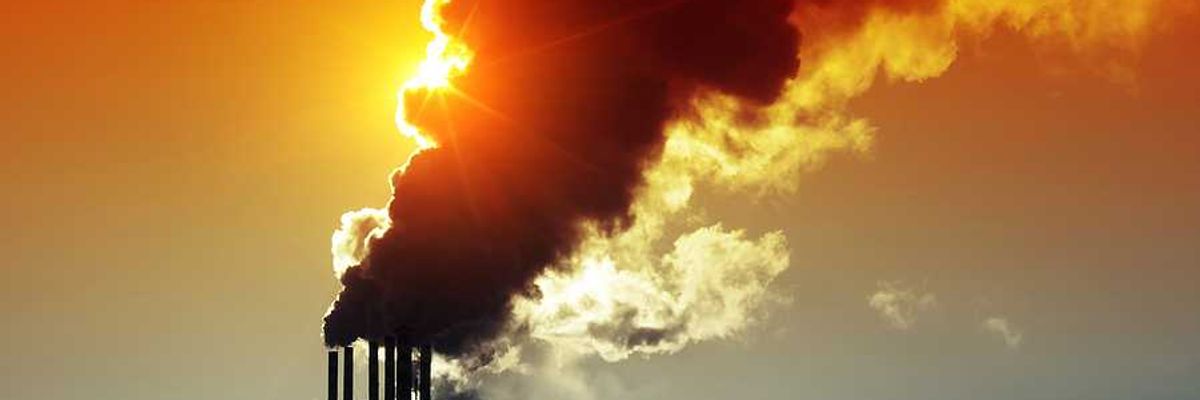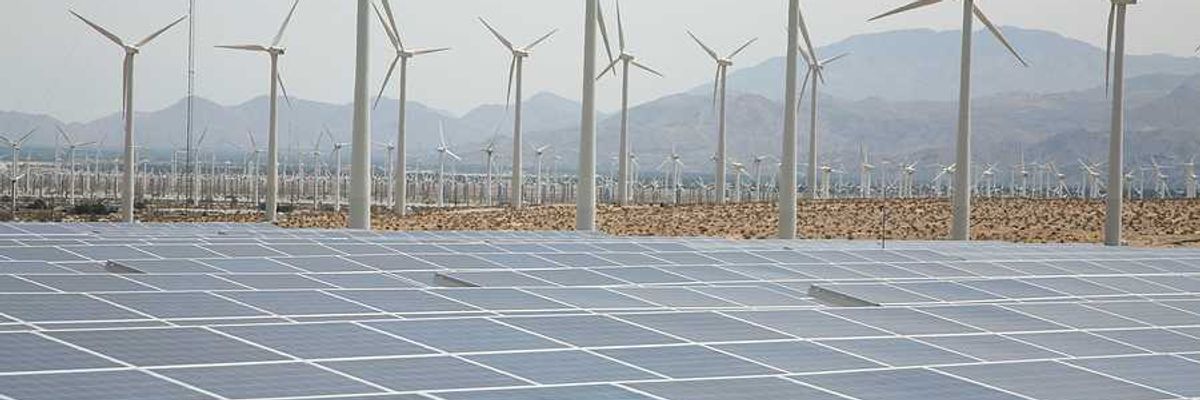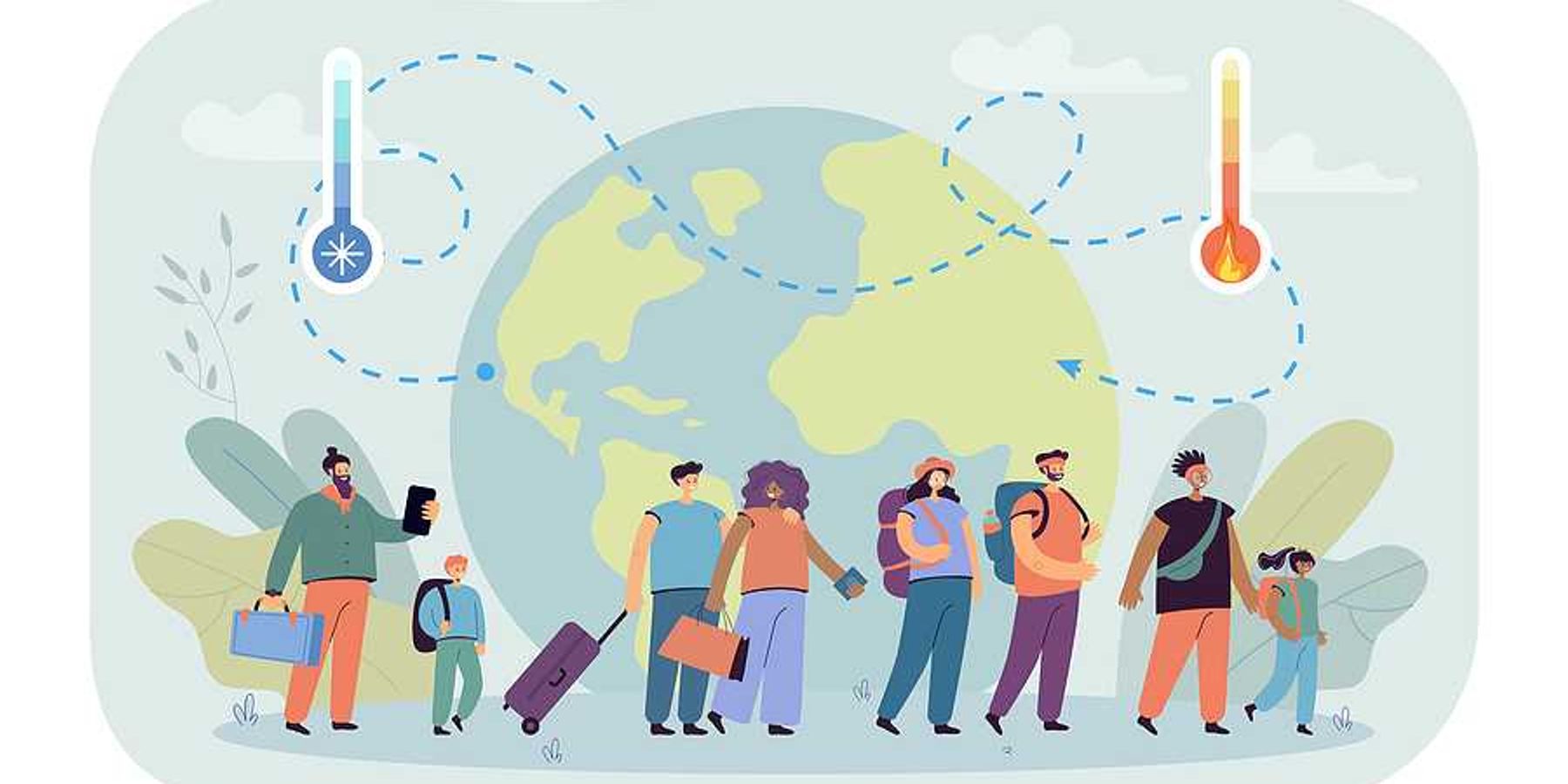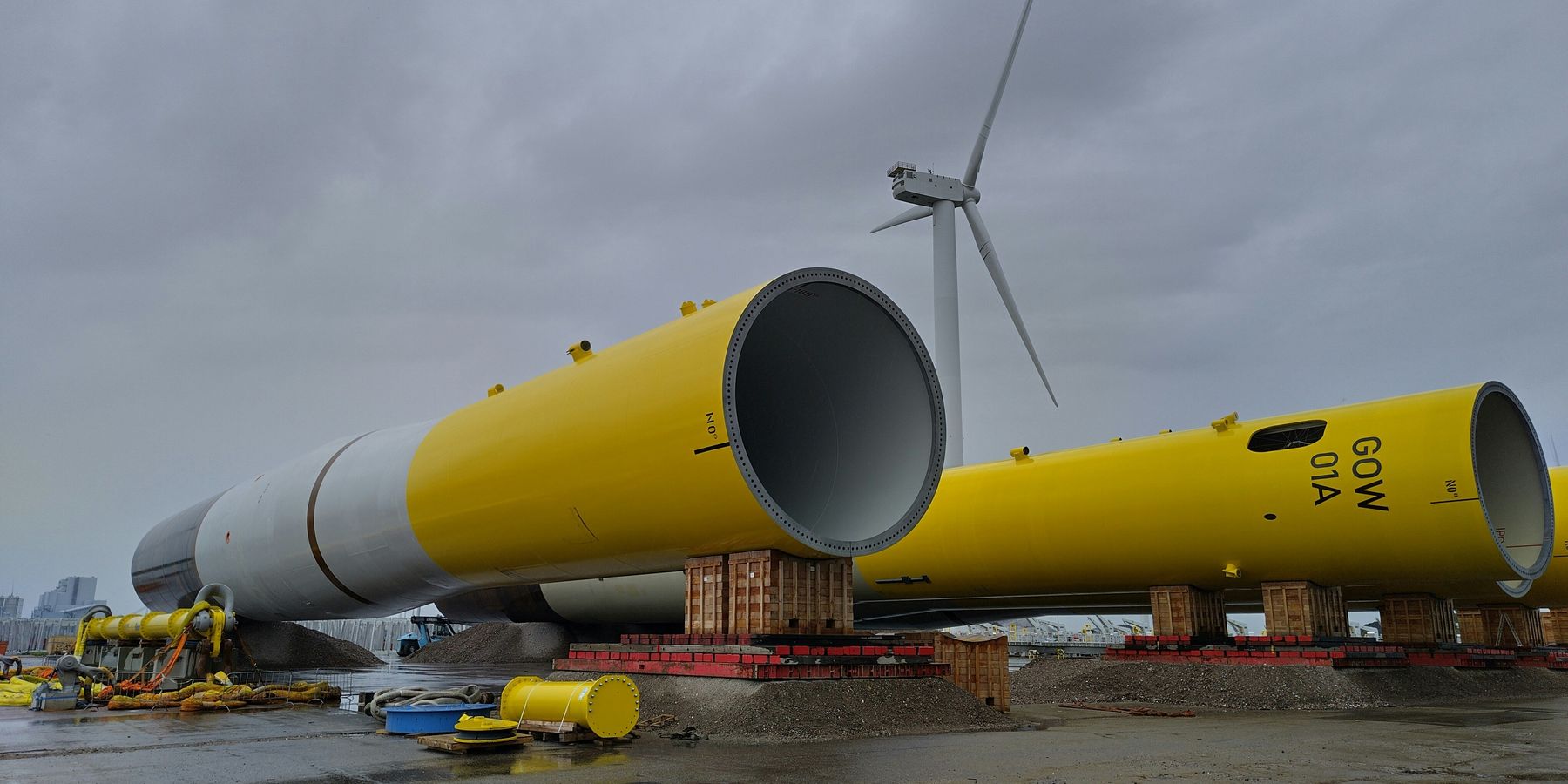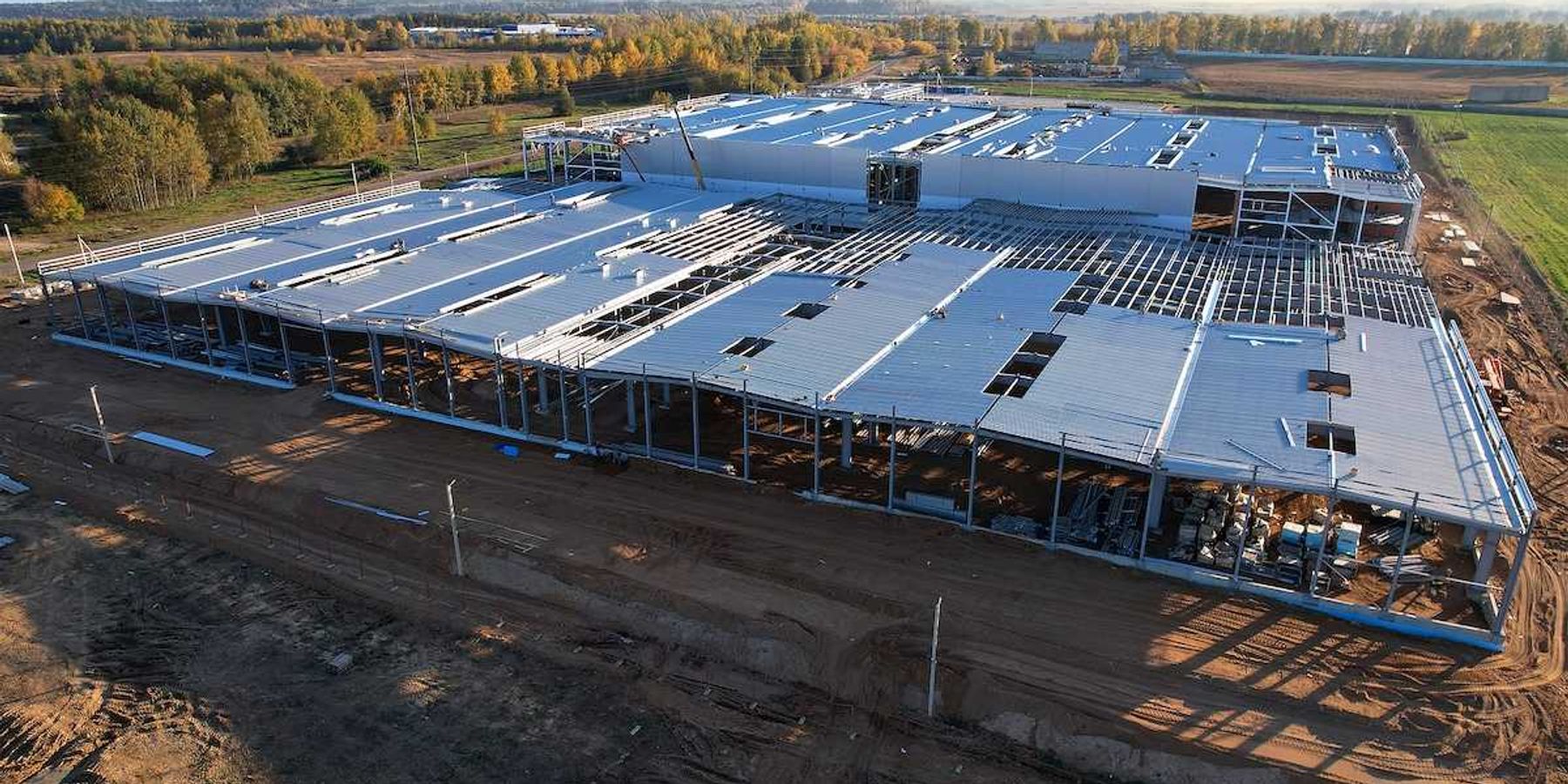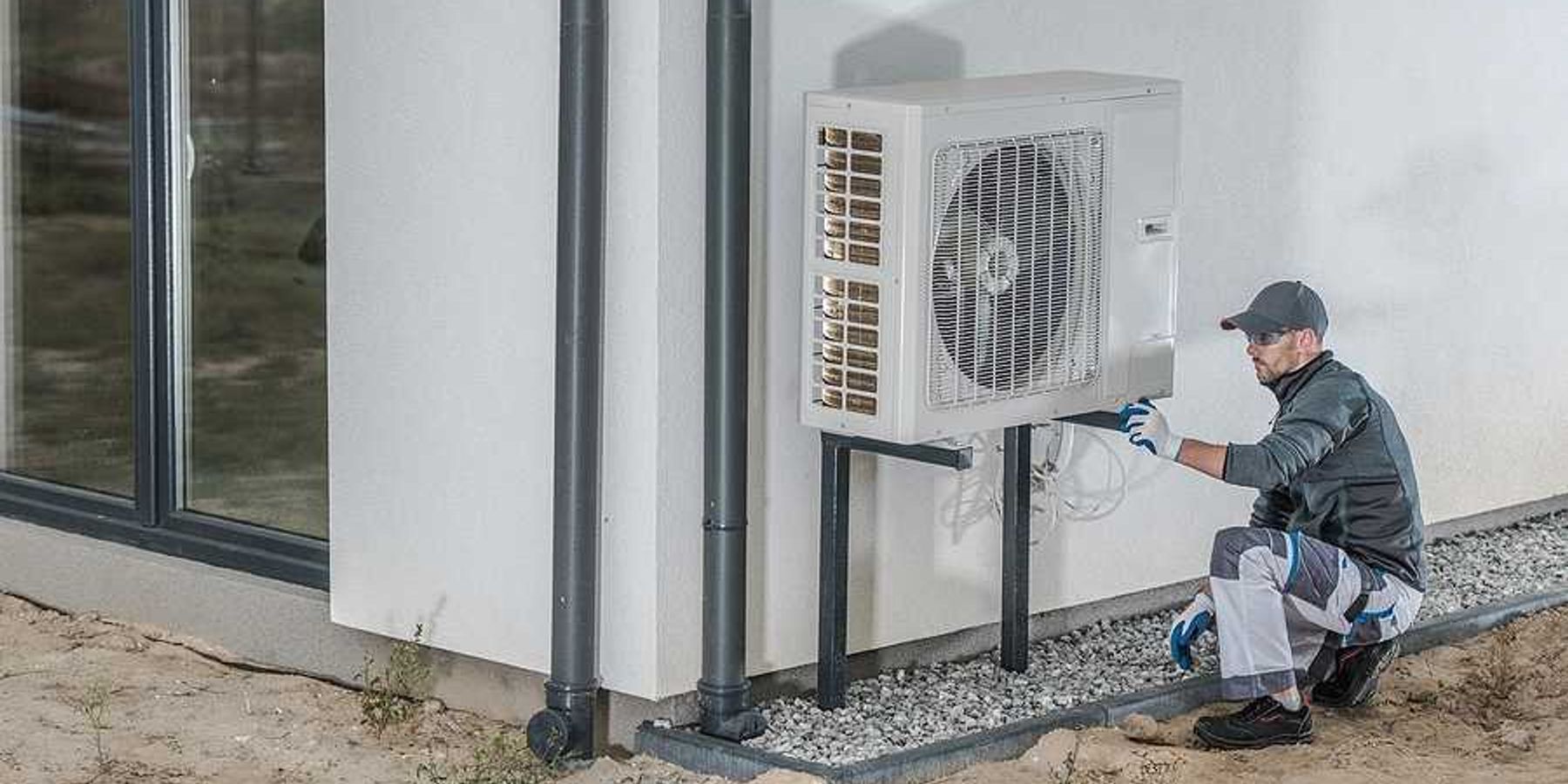offset
International carbon credits lead to mangrove restoration in Senegal but raise social equity concerns
A $4.4-million carbon offset project funded by multinational companies restored mangroves in Senegal, but local workers saw minimal financial benefit despite doing much of the work.
In short:
- Restoration efforts, funded by carbon credits from European companies, helped revive Senegal's mangroves, benefiting local ecosystems and economies.
- Despite their crucial role in the project, local workers received low wages and were not informed about the origins of the funding.
- Critics argue that carbon offset projects often exploit local communities, providing little financial transparency and minimal involvement in project design.
Key quote:
"We know it’s the NGOs and their partners who are earning millions. Not us."
— Hélène Sonko, local worker
Why this matters:
Mangroves, known for their ability to sequester large amounts of carbon, provide an invaluable buffer against coastal erosion and support biodiversity. However, this ostensibly win-win situation belies a stark disparity in benefits. Despite their pivotal role in the restoration efforts, local workers have reaped minimal financial rewards. While corporate backers tout the project's environmental success, the economic uplift for the community remains disappointingly scant.
Study reveals exaggerated climate impact claims in popular cookstove carbon offset projects
A recent study has uncovered that cookstove carbon offset schemes, a growing trend in environmental initiatives, may be overstating their climate benefits by a staggering 1,000%.
In short:
- Clean cookstove projects, widely used for carbon offsetting, are likely overstating their climate benefits.
- The study, conducted by the University of California, Berkeley, suggests a 10-fold overestimation in these projects' impact.
- Despite criticisms, some cookstove companies are adopting new methods to accurately measure their environmental contributions.
Key quote:
“A carbon credit market built on exaggerations is destined to fail. Our hope is that the specific recommendations we offer can help make clean cookstoves a trusted source of quality carbon credits.”
— Barbara Haya, director of the Berkeley Carbon Trading Project
Visit EHN's energy section for more top news about energy, climate and health.



